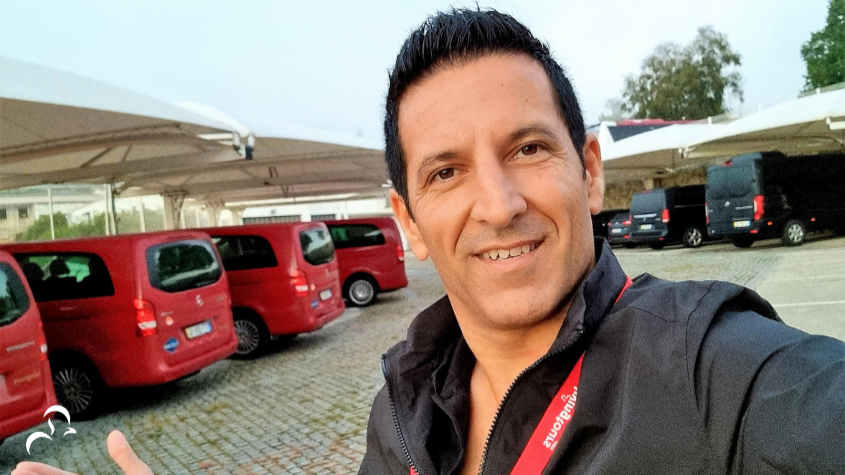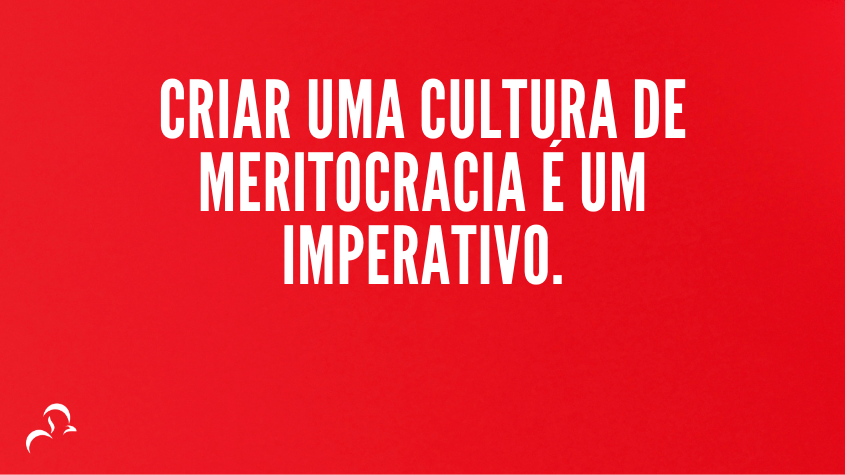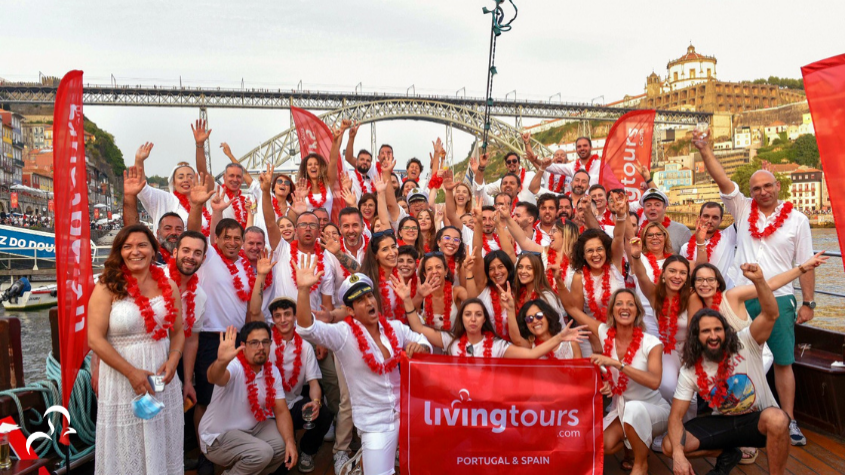
Culture of Meritocracy: When Effort is Recognized
I was brought up in a humble family. Where inheritances didn't exist and godparents didn't either. Since I was little, I have always known that if I wanted to progress in life, achieving my dreams and goals would have to be with my effort, commitment, with the results achieved, and with my own merit in the hope that my performance would lead me to achieve my goals and were offering me new challenges and opportunities to continue to grow and advance in the pursuit of my dreams.
I believe that for this reason the culture of meritocracy has always been imbued in me and always valued in the Livingtourian spirit. Maybe that's why it was also easier and more natural to recognize the importance of, in leadership positions, actively contributing to make this happen in the various Living Tours teams.
I know from experience that building a culture of meritocracy is fundamental to developing teams with higher levels of trust, with motivated, involved people who give their best, and therefore high performance teams and growing companies.
By oposition, when we do not develop a culture of meritocracy, when we do not reward, recognize and develop the individual and collective talents that most contribute to the company's success, we are even unconsciously and involuntarily promoting mediocrity, encouraging people with the best performance end up giving up, thinking it's not worth it and eventually leaving the companies or becoming complacent.

CREATING A CULTURE OF MERITOCRACY IS IMPERATIVE
Almost all companies have evaluation and performance systems, an absolutely essential element in creating meritocracy. However, not all companies that have them are recognized as having this culture.
Systems are important, but it's the people who make them work or not.
I identify three key moments for this to happen.
. The moment the goals are set. The mid-year conversations. The attribution of raises, prizes and promotions.
. In the tale of Alice in Wonderland at one point the rabbit tells Alice: “if you don't know where you're going, any path will do”.
. It's the same in companies. Knowing where you want to go as a company is the first step.
I learned that the more I invest and motivate leadership teams and departments in this early-year process, better. People support what they help to create and that is why I believe that we must seek to co-create the company's goals with the involvement of all employees. And from there the department and individual objectives with openness, dialogue and transparency. It is important that, at the end of this process, each employee feels that the objectives are theirs and that they clearly know how to measure success, how they contribute to the organization's success and which key activities to develop.
Mid-year conversations are important. But they only work if throughout the year there was constant work between the employee and the leader, discussing the main activities, their progress, how to eliminate barriers, find solutions, with respect, support, celebration of small victories and also identification of areas of improvement. When this work is done, the mid-year conversation is another formal moment to consolidate the work done and reinforce the relationship of trust between the employee and the leader, essential for success.
But, the proof of the nine, if the company was able to effectively create a culture of meritocracy, in my opinion, occurs at the time of the attribution of raises, prizes and promotions.
When people understand your raises, some exits, they applaud promotions, yours or those of your colleagues, because they recognize them as fair.
For this it is necessary to go back to the beginning. Were the goals well defined? Was the leadership involved in the employee development process? Did you explain and communicate the evaluation grid giving examples (fictitious, of course)? Did you explain the criteria followed for promotions? Did you do all of this at the beginning of the year and reminisce throughout the year in a large group or in one-to-one meetings with the leader? Are the leadership teams aligned? Do they discuss and guarantee fairness in the application of the criteria for all employees? Are they brave and make the right decisions, not the easy ones? Are you prepared for difficult conversations and openly and transparently confront each employee's doubts?
Leadership. Courage. Dialogue. Transparency. Clarity. Day by day, a culture of meritocracy is created.
Did you like it?
Average votes: 4.25 of 5
Go Back to the Blog












